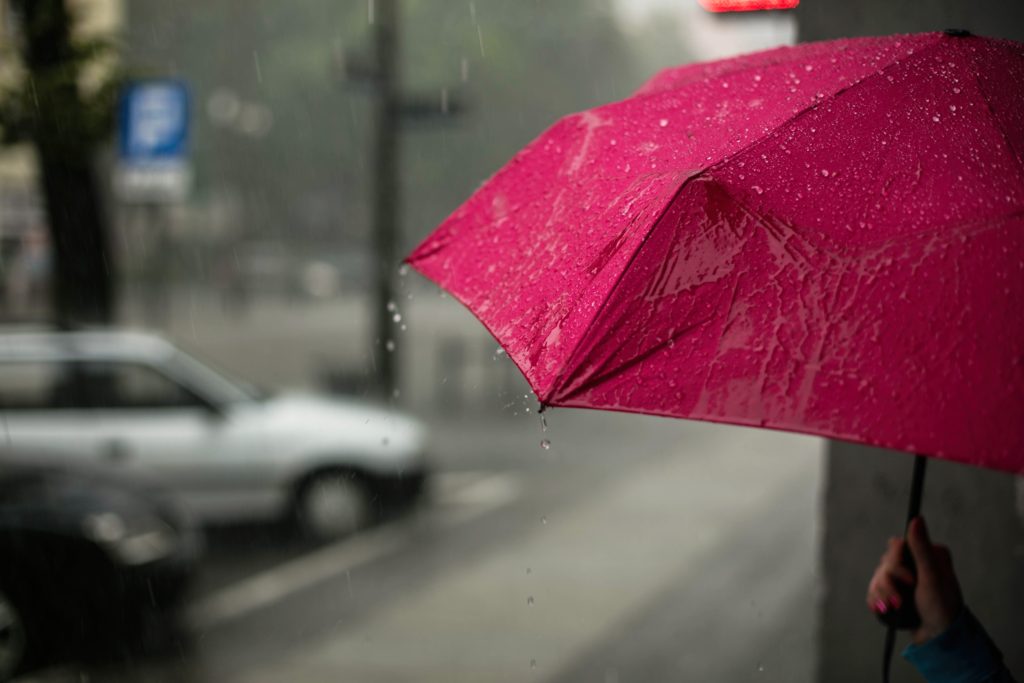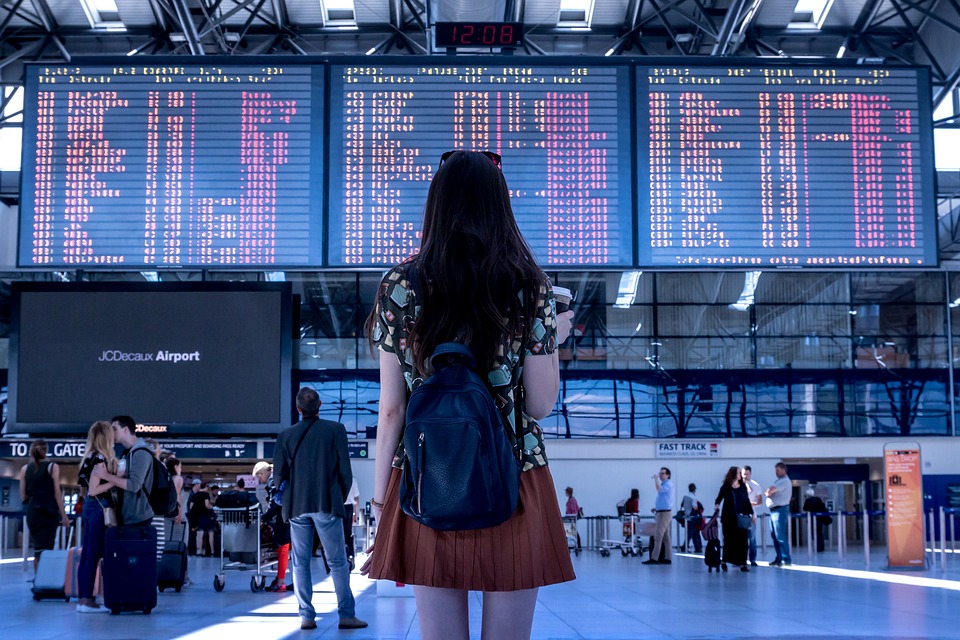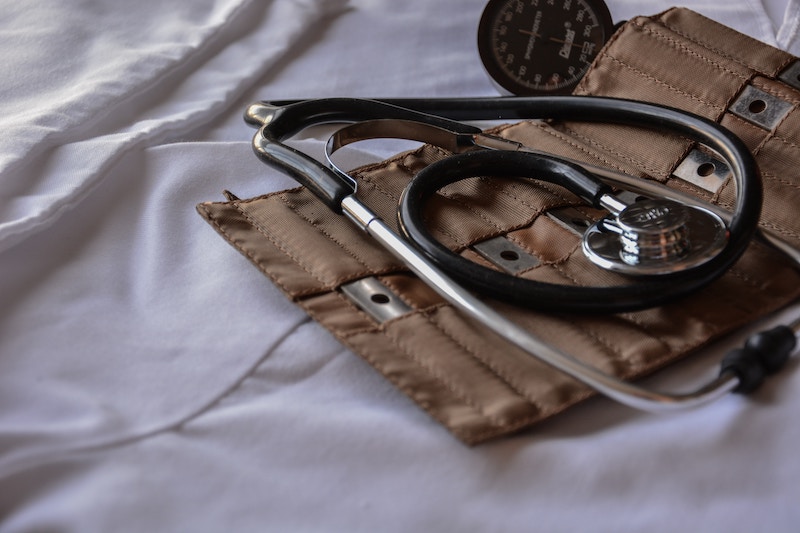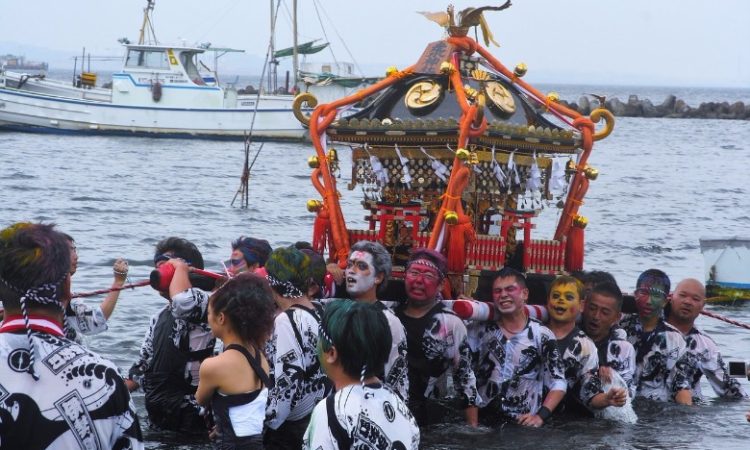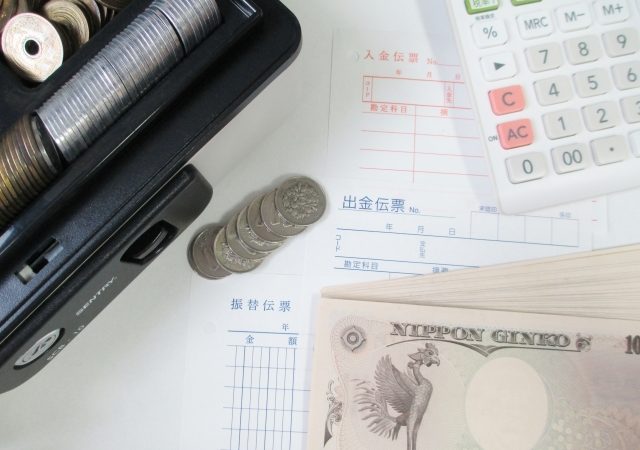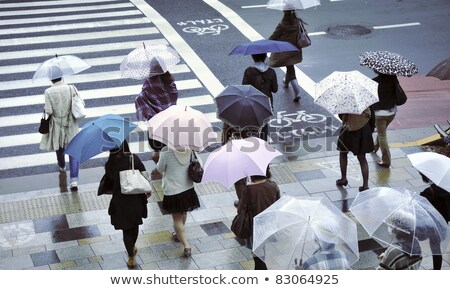The following is a survivor’s guide to the Japanese language. In particular, this is directed to the typical tourist to Japan. The typical tourist to Japan speaks no Japanese, and why should he? The Japanese language is radically different from other languages, and as opposed to languages such as Spanish, Arabic, or English, which are used in many countries, the Japanese language is essentially used only in Japan. Also, as a tourist, you will not have the time to study or retain the language, and besides, you will be busy visiting onsens, hiking Mt. Fuji, eating great food, and generally being a tourist, so you will not have the time to study. In addition, though the level of English in Japan (especially in the rural areas) is pretty low, there are enough people who can speak English and all train stations and public facilities have English signs and announcements so that, even with no Japanese language skills, you should have no problem traveling around Japan. Finally, the purpose of this survivor’s guide rests on the assumption that the reader has zero Japanese skills, so Japanese expressions that would require the speaker to understand what the Japanese person is saying to him have been omitted. For example, I was thinking of including some key expressions for making reservations at a hotel or a restaurant, but the problem with this is that, even if you successfully convey the point that you want to make a reservation, you wouldn’t understand what the Japanese person is saying in response to you, so the goal of communicating is not achieved. Rather, the goal here is to convey your desires, especially in cases where the Japanese person’s response is not needed or can be intuitively understood from body language and the like. I have also played a little loose with grammatical rules concerning joshi (Japanese prepositions) and the level of politeness, because, once again, the goal here is not winning a linguistic prize, but rather, one-way communication-getting your point across in a pinch (iza to iu toki).
General Expressions/Weather
Excuse me/sorry
Sumimasen
This is expression is very important. If you bump into someone on the train and he gives you a dirty look, this expression means “I’m sorry.” When asking for directions on the street from a complete stranger, this means “excuse me.” When in a crowded restaurant, you scream this out loud when you want to order something or ask for the check (seriously, this is difficult for the newcomer, but in Japan, when you want the attention of restaurant staff, you yell out (quite loudly) “sumimasen”!).
Where is…..?
….wa doko desu ka?
Eki (station) wa doko desu ka?
Toire (bathroom) wa doko desu ka?
Do you have….Is there….?
….ga arimasuka?
Kutsu (shoes) ga arimasuka?
Toire (bathroom) ga arimasuka?
Eigo (English) no menyu (menu) ga arimasuka?
ATM ga arimasuka?
Okay? Is this acceptable? Are you Okay? I’m okay.
Daijoubu desuka? (as a question; with a rising intonation). Daijoubu desu. (as a response).
I don’t understand.
Wakarimasen.
I can’t…..
Nihongo (Japanese) ga dekimasen.
Can you speak English?
Eigo (English) hanasemasuka?
Is there someone who can speak English?
Eigo (English) no dekiru hito ga imasuka?
Weather Terms
Hot: Atsui
Cold: Samui
Rain: Ame
Snow: Yuki
Will today be hot/cold/rainy/snow?
Kyou wa atsui/samui/ame/yuki desuka?
Dining/Shopping
How much is this?
Kore wa ikura desuka?
Please show me.
Misete kudasai. (Especially with an amount of money, this is useful, because you probably won’t understand what the Japanese person says when you ask how much something is).
Check please.
Okaikei Onegaishimasu (or, you can make a cross signal with your two forefingers, as this gesture means, “check please” in Japan).
I’ll take…..
Kore (this) O kudasai.
Can I try this on?
Shichaku shitemo daijoubu desuka?
Is/are there……in this?
…ni….ga haiteimasu ka?
Kono (this) ryouri (dish) ni sakana (fish) ga haiteimasuka?
Kono (this) ryouri (dish) ni niku (meat) ga haiteimasuka?
Kono (this) ryouri (dish) ni kairui (shellfish) ga haiteimasuka?
I have an allergy to…..
…arerugii ga arimasu.
Gyuunyuu (milk) arerugii ga arimasu.
Sakanak (fish) arerugi ga arimasu.
What do you call this in English?
Kore (this) Te Eigo (English) de Nan (What) to Iimasuka (Do you say)?
Traveling
Basic Vocabulary
Station: Eki
Train: Densha
Subway: Chikatetsu
Last Train (last train of the day): Shuuden
First Train (first train of the day): Shihatsu
Express Train (stops only at major train stations): Kyuukou Densha
Local train (stops at every single stain on a certain train line): Kakueki Densha
Train Platform: Hoomu
Bus: Basu
Taxi: Takushi
Bicycle: Jitensha
Transfer (change train or bus lines): Norikae
Airport: Kuukou (Or just say “Narita” or “Haneda” or the name of the airport in question).
Hotel (Hoteru, Yado, Ryokan (Japanese-style inn).
Staying in a Japanese-style inn with room only and no food: Sudomari .In many Japanese-style inns, the system is such that meals are included in the bill. Many such inns, however, have a sudomari system where you pay for the room only. The meals are served at fixed times, and if you are busy, you may not have time to eat at the time the meals are served (because you will be busy doing touristy things about town). As such, if you stay in a Japanese-style inn (and you should, because it is a wonderful experience), you should ask about this if you plan to do most eating outside of the inn. Sudomari de daijoubu desuka? Should get this point across.
Trouble/Health/When Stuff goes Sideways
Forgotten/Lost Belonging
Wasuremono; I forgot my….. Watashi (I) wa …. O Wasureshimashita (forgot).
Sick
Byouki;
Watashi (I) wa kimochi ga warui (don’t feel well) desu.
Injury
Kega;
Watashi (I) wa kega shiteimasu (am injured).
Hospital;
Byouin
Medicine
Kusuri
Accident
Jiko
Earthquake
Jishin
Fire
Kaji
Please call…..
Keisatsu (police) O Yonde Kudasai (please call).
Kyukyusha (ambulance) O Yonde Kudasai.
Isha (doctor) O Yonde Kudasai.
Please help me (only to be used in emergencies).
Tasukete Kudasai.
Body Parts
Head
Atama
Neck
Kubi
Face
Kao
Ear
Mimi
Tooth/Teeth
Ha
Nose
Hana
Throat
Nodo
Eye(s)
Me
Shoulder
Kata
Chest
Mune
Back
Senaka
Stomach
Onaka or I (pronounced “ee”).
Arm
Ude
Hand
Te
Finger
Yubi
Wrist
Tekubi
Buttock
Oshiri
Leg
Ashi
Foot
Ashi
Knee
Hiza
My….hurts.
Hiza (My/his/her knee) ga itai desu (hurts).
Atama (My/his/her head) ga itai desu (hurts).
Nodo (My/his/her throat) ga itai desu (hurts).
I/He/She has a weak….
Shinzo (I/his/her heart) ga yowai desu (is weak).
Additional Medical Terms (For these terms, we’re dealing with real emergencies, so I included the Japanese for these terms so that, if you find yourself in such a situation, just point at these terms).
Diabetes
Tounyoubyou糖尿病
Seizure
Keiren痙攣
Food Poisoning
Shokuchuudoku 食中毒
Cough
Seki 咳
Fracture
Kossetsu 骨折
Anemia
Hinketsu 貧血
Blood Sugar Level
Kettochi 血糖値
How did you find this guide to survival Japanese? We hope it will come in handy for when you need to get out and about in Japan!
Daniel


